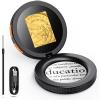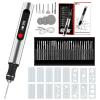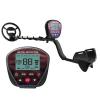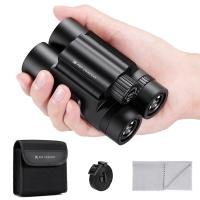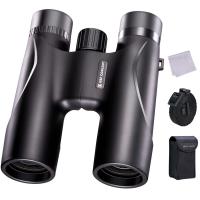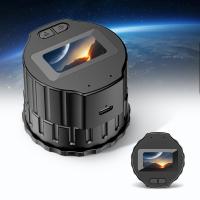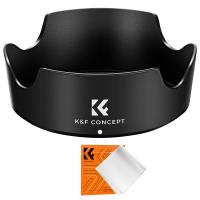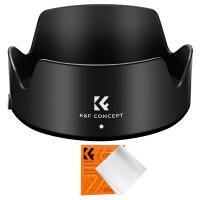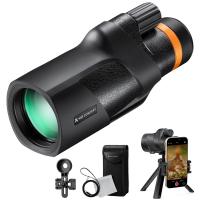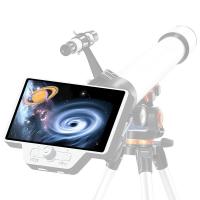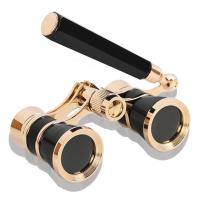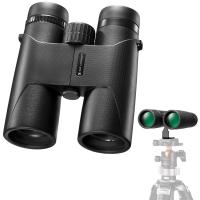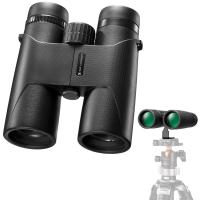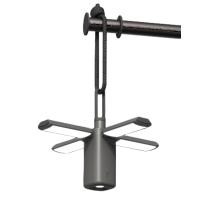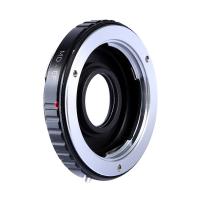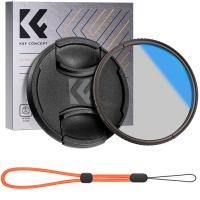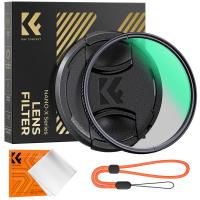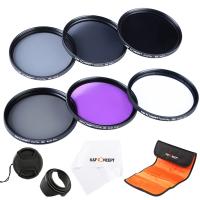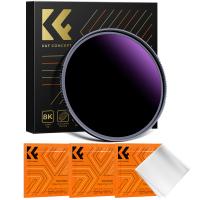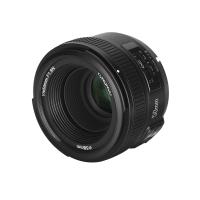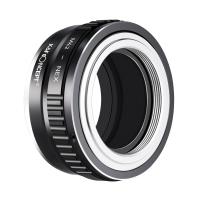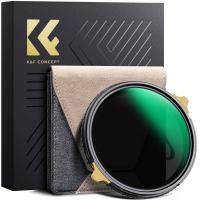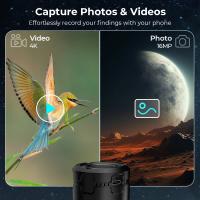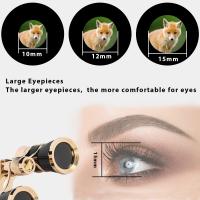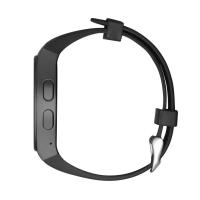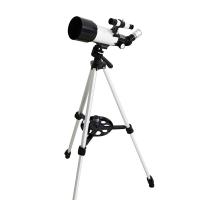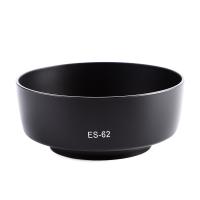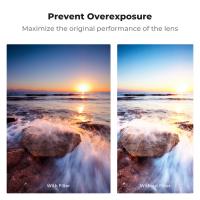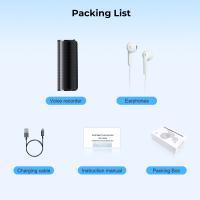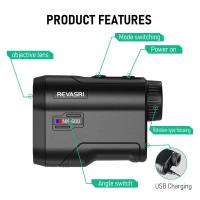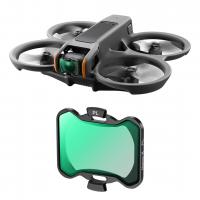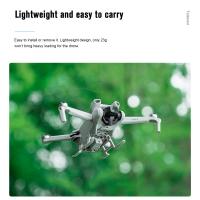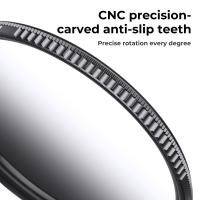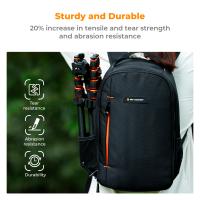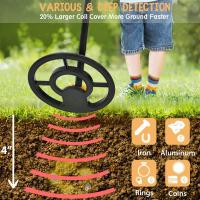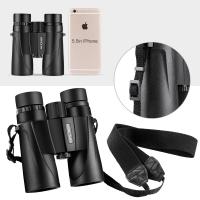Which Is Better Binoculars Or Telescope?
When it comes to observing distant objects, whether you're stargazing or watching wildlife, the choice between binoculars and telescopes largely depends on your specific needs, preferences, and the situation at hand. Both instruments play their own role and excel in particular areas. Understanding the differences, strengths, and applications of binoculars and telescopes can help you make an informed decision that suits your needs. In this article, we'll explore the key factors to consider and offer guidance on making the right choice.
---
Diving into the Basics
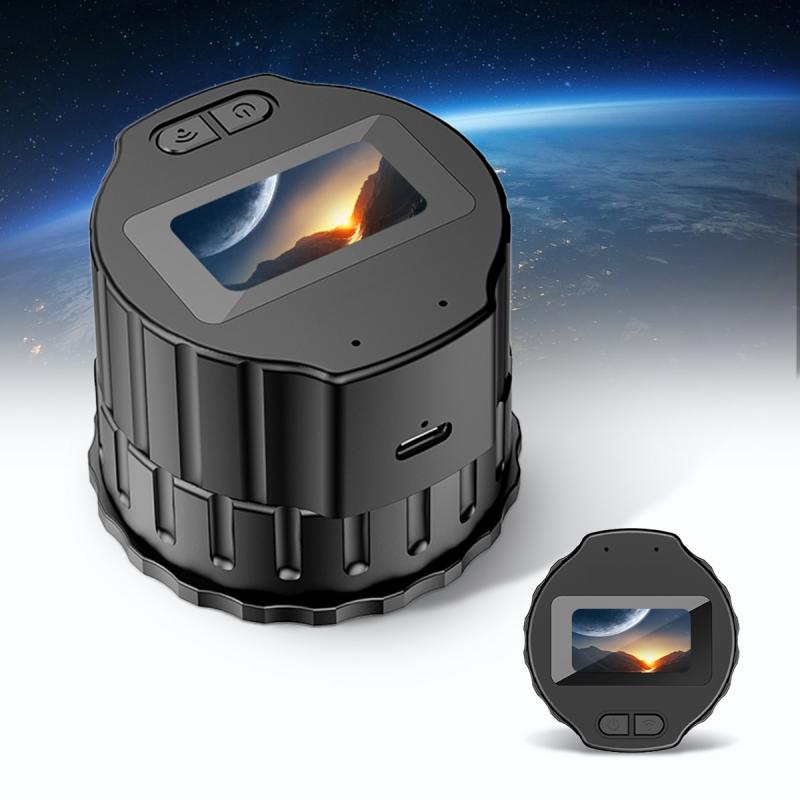
Before we break down the comparative advantages of each, let's establish the fundamentals of binoculars and telescopes.
Binoculars are optical instruments with two parallel-mounted lenses, allowing you to use both eyes for viewing. They are portable, versatile, and often used for birdwatching, sports events, hiking, and even casual stargazing.
Telescopes, on the other hand, are single-lens instruments designed primarily for astronomical use, enabling you to focus on faraway celestial objects like planets, moons, and stars. Telescopes are typically large, require setup, and are often more specialized for astronomy.
Choosing between binoculars and telescopes boils down to evaluating critical factors such as portability, purpose, magnification, comfort, and cost. Let’s dive deeper into these aspects to help you determine which tool aligns best with your needs.
---
The Case for Binoculars: Why They Shine in Versatility
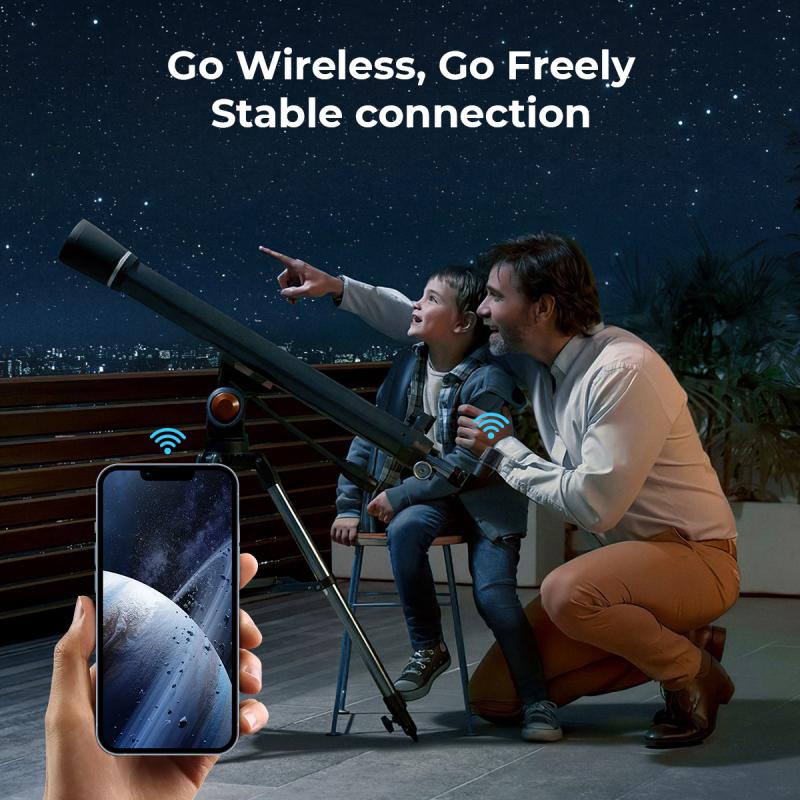
1. Ease of Use and Comfort
One major advantage of binoculars is their simplicity. They’re easy to use straight out of the box — no detailed setup, no complex instructions. Their dual-lens design allows you to use both eyes, which feels more natural and less fatiguing.
For beginners, binoculars are more comfortable than telescopes, as they don’t involve aligning or calibrating lenses. This makes them especially ideal for quick, impromptu observations.
2. Portability
Binoculars are compact, lightweight, and easy to carry. Whether you’re hiking through the mountains to spot wildlife or attending a nighttime stargazing session in the countryside, binoculars easily fit into your gear without being a burden.
3. Wide Field of View (FOV)
One of the biggest advantages of binoculars is their wide field of view, which lets you see more of the scene at once. This is especially helpful for wildlife enthusiasts tracking animals in motion or amateur stargazers exploring constellations. Telescopes, by contrast, often offer a much narrower FOV.
4. Multipurpose Utility
The versatility of binoculars makes them suited for a wide range of activities. Whether you're birdwatching, looking at landscapes, or even casually gazing at the stars, a basic pair of binoculars can handle it all. They may not have the specialized capability of a telescope, but they perform well enough in many scenarios.
5. Affordability
Quality binoculars tend to be more affordable than telescopes of comparable capability. A good pair of binoculars can fall into a fairly modest price range, making them accessible to hobbyists without a heavy investment upfront.
6. Ease of Maintenance
With no mirrors or intricate components to clean or align, binoculars are generally low-maintenance compared to telescopes. This adds to their overall practicality and cost-effectiveness.
---
The Case for Telescopes: Why They Rule the Night Sky
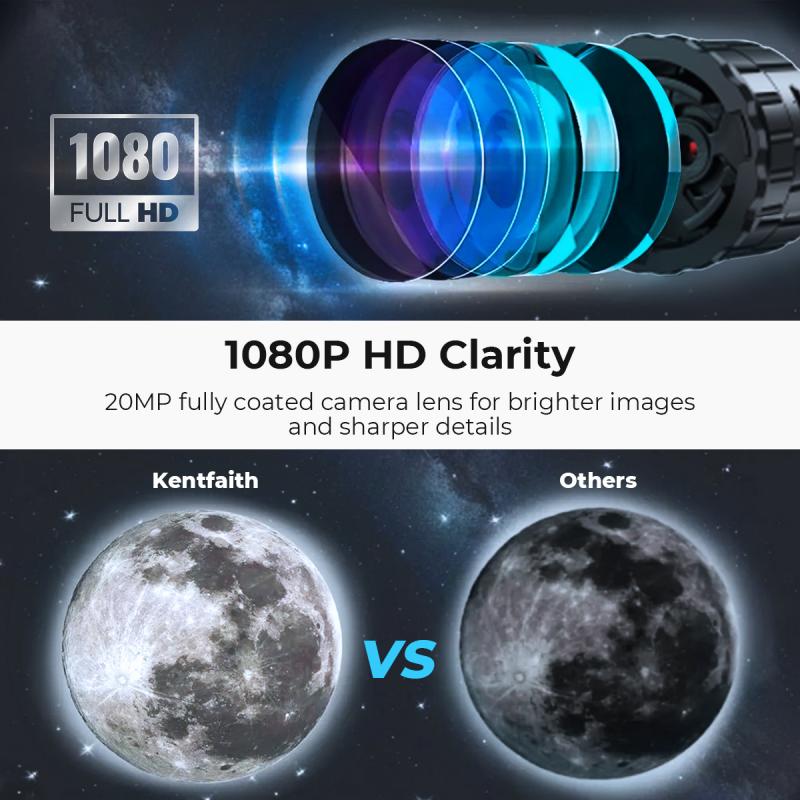
1. Superior Magnification
Telescopes are designed for long-distance observation, especially of celestial objects. They offer better magnification and resolution compared to binoculars. This means you’ll be able to see detailed images of the moon’s craters, planets like Jupiter and Saturn, distant galaxies, and more. If stargazing is your focus, a telescope is much better equipped for detailed astronomical exploration.
2. Specialized for Astronomical Use
Telescopes have a concentrated field of vision, making it easier to focus on specific, distant objects. While binoculars may allow you to glance at the stars, they lack the specialized optics and magnification of telescopes for astronomy.
Certain types of telescopes, such as reflector telescopes, are uniquely equipped to optimize celestial observation with high clarity.
3. Variety of Types and Features
Telescopes come in different categories — like refracting, reflecting, and compound telescopes — each offering different strengths. Whether you're a casual observer or an astrophotography enthusiast, there's a telescope suited for every level of interest and expertise.
4. Upgradability and Customization
Many telescopes are highly customizable. You can attach cameras, use specialized lenses, or even computerize them to track celestial objects more efficiently. This makes telescopes more versatile for advanced astronomy enthusiasts.
5. Ideal for Fixed Viewing
If you primarily do your stargazing from a designated spot — such as your backyard, an observatory, or a stationary area in the countryside — a telescope is worth the investment. While less portable than binoculars, their ability to provide deep detail of faraway objects offsets this inconvenience.
6. Once-in-a-Lifetime Views
If you’ve ever dreamed of seeing Saturn’s rings or the Andromeda Galaxy in vivid detail, binoculars simply won't deliver that level of clarity. Telescopes allow you to access phenomena that are practically invisible through binoculars.
---
Key Considerations Before You Decide
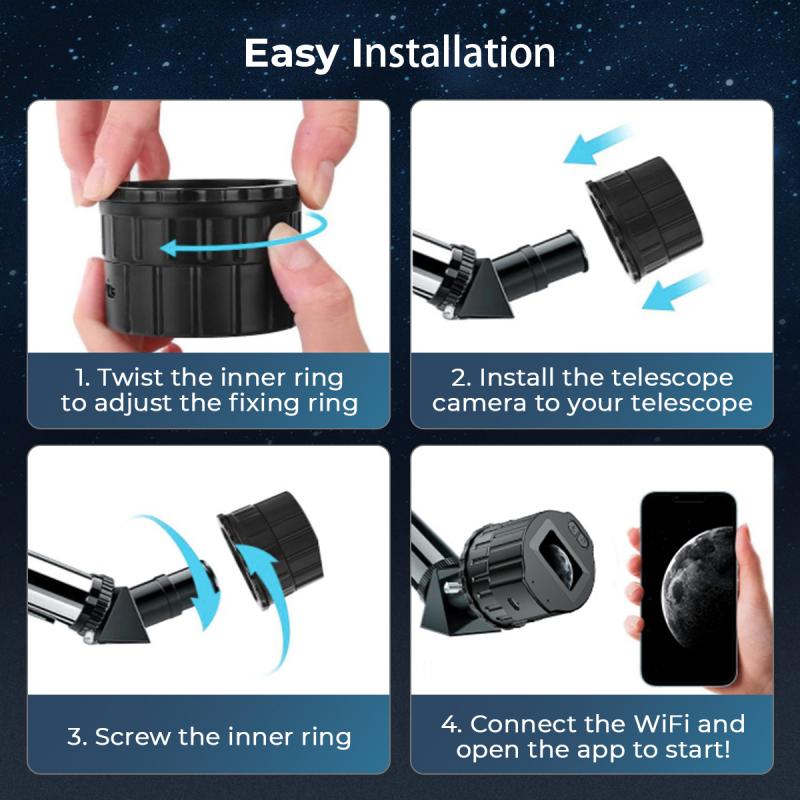
Making an informed choice between binoculars and telescopes requires carefully evaluating your unique needs and how you intend to use the device. Here are some key considerations:
1. Your Primary Use Case
- If you’re into general outdoor activities, including birdwatching, hiking, and the occasional stargazing session, binoculars are likely the better fit.
- However, if you’re specifically passionate about astronomy and want to get up-close views of planets, stars, and galaxies, a telescope will better satisfy your purpose.
2. Budget Constraints
Binoculars are generally more affordable. Beginners might want to invest in a quality pair of binoculars first before moving on to a telescope to test their level of interest. Telescopes can get expensive, especially as you move into models designed for advanced users.
3. Portability Needs
If you’re on the go, hiking, or traveling, binoculars are easier to carry than telescopes, which can be relatively cumbersome to transport and set up.
4. Magnification Requirements
If you’re looking for higher magnification for sharp, detailed observations, telescopes have the edge. For casual or mid-range magnification, binoculars are sufficient.
5. Ease of Use
Binoculars are user-friendly, while telescopes typically come with a learning curve. If you're just starting out, consider how much time you're willing to spend familiarizing yourself with the equipment.
6. Comfort and View
Do you prefer using both eyes for a more immersive view (offered by binoculars), or are you comfortable with one-eye viewing (standard in telescopes)? Comfort can play a surprisingly large role in determining the best fit.
---
The Verdict: Binoculars or Telescope?
So, which tool is ultimately better? The answer lies in your preferences and purposes. Binoculars are the clear winner when portability, affordability, and multi-use functionality are priorities. They’re excellent for beginners, casual users, and on-the-go nature enthusiasts.
On the other hand, telescopes dominate when it comes to high-magnification exploration of the cosmos. For those deeply invested in astronomy or eager to take astrophotography to the next level, a telescope is unmatched.
For many beginners, starting with binoculars can be a great introduction to celestial or terrestrial observing before upgrading to a telescope. On the other hand, if your fascination with astronomy is unwavering, investing in a well-designed telescope may make more sense.
---
Final Thoughts
Ultimately, the choice between binoculars and telescopes boils down to your goals, interests, and lifestyle. Evaluate your specific needs and be realistic about how and where you plan to use your equipment. For adventurers, binoculars are the perfect companion. For stargazers, telescopes open windows to the universe. Either way, both offer extraordinary opportunities to experience the wonders of nature and space. Now the choice is in your hands — it’s time to embark on your journey of discovery!

